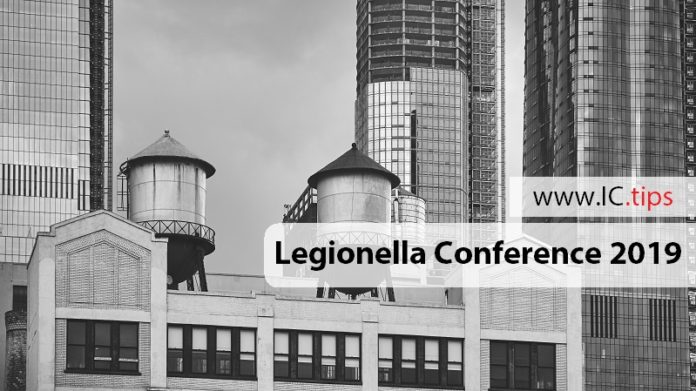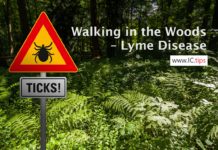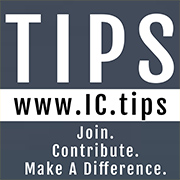The healthcare system is complex and often disjointed in its planning and policy-making. Decisions about patient care and building care rarely have the same personnel at the table, and yet a healthy building infrastructure and maintenance schedule is vital to providing the optimal environment for patients.
In the podcast, Building Water Systems: The Sustainability and Public Health Nexus on The #HCBiz Show, Chris Boyd of NSF International and Dr. Dave Dyjack of the National Environmental Health Association discuss with host Don Lee the difficulty of addressing water health in a healthcare setting.
Listen to host Don Lee from the #HCBiz Show interview Chris Boyd and Dr. Dave Dyjack as part of our on going series on Infection Prevention and Control
In 2017 the US Centers for Disease Control and Prevention reported 7,500 cases of Legionnaires’ disease, which is a form of pneumonia spread by water droplets aerosolized through building systems and has a mortality rate of 25% in healthcare settings. Legionella bacteria are common in water and soil, but the risk of it causing illness is amplified when plumbing systems, boilers, chillers and hospital equipment create a mist that can inhaled.
90% of all legionella outbreaks are preventable
The good news is that 90% of all legionella outbreaks are preventable. The bad news is that most healthcare facilities are not putting the systems and procedures in place to prevent the outbreaks. We know what needs to be done, but actually doing it has not been given the priority it requires.
Boyd and Dyjack emphasized the need for clear regulations for water systems, in addition to a deliberate leadership approach to encourage interdisciplinary teamwork in reaching a common vision for water management in healthcare facilities. A team that includes representatives from academia, industry, building managers, environmental health professionals, epidemiologists, clinicians and constituents would ensure that there is a unified approach to risk assessment and a common mission to resolve the problems that have allowed legionella outbreaks to continue.
Legionella Conference 2019
NSF International and the National Environmental Health Association (NEHA) will host Legionella Conference 2019: “Building Water Systems: The Sustainability and Public Health Nexus” Sept. 11-13 in Los Angeles to explore the complex relationship between water conservation and microbial contamination prevention in building water systems.
International experts from government agencies, universities, hospitals and private laboratories in 11 countries are among the scheduled speakers. Organizations represented include the U.S. Environmental Protection Agency, the National Institute of Standards and Technology, Public Services and Procurement Canada, Network for Public Health Law and Association of State & Territorial Health Officials.
Water conservation efforts can sometimes have the unintended consequence of amplifying Legionella bacteria growth. The pathogen proliferates in poorly maintained water systems and can cause Legionnaires’ Disease, a serious and sometimes fatal flu-like illness that has increased more than five-fold between 2000 and 2017, according to the U.S. Centers for Disease and Prevention Control (CDC). Common sources of contaminated aerosols include cooling towers, low-flow fixtures, shower heads, HVAC systems, decorative spas and fountains.
International experts will address a wide range of topics related to building water health and water conservation, with topics including complex hospital water systems, cooling towers, proactive water quality monitoring, risk assessments, plumbing engineering, communication plans, greywater transfers for irrigation and culture change in water safety.
Visit Legionella Conference 2019 for a full list of speakers and registration details.
TIPS is the Strategic Partner
TIPS is the Strategic Partner of Legionella Conference 2019. Please contact me if you would like to get involved!












